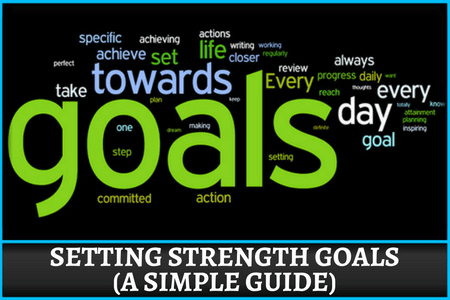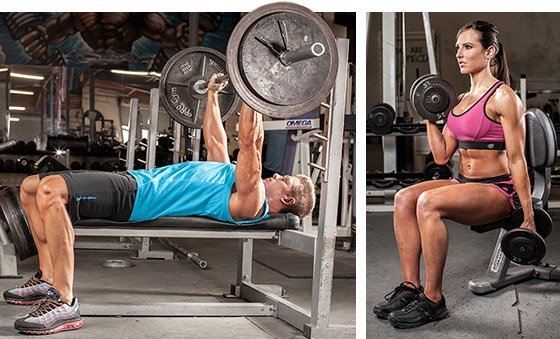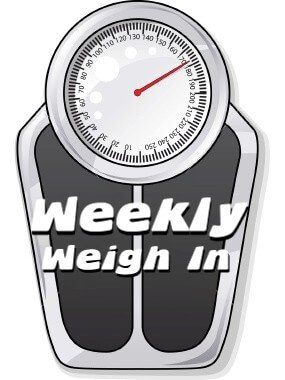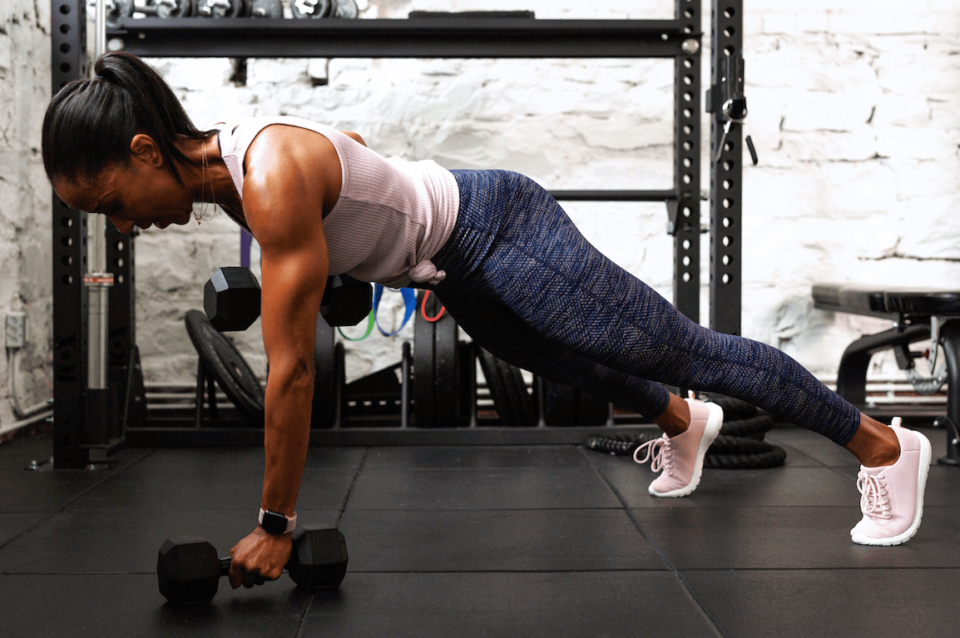Gain muscle just by doing simple workouts and proper diet
Contents
Seeing new and faster gaining of muscle doesn’t always need getting on a hugely different workout plan or following an ultra-scientific regime. Minor changes can add up to big results. Start doing the following tugs and gain muscle faster.
-
Set strength goals

Instead of focusing strictly on getting extra pounds of muscle, just work on becoming stronger. Enhancing strength improves your body’s capability to recruit muscles, predominantly the ones that make the major difference in the way your body looks.
Working out for strength also makes your aims more perceptible and concrete. If you concentrate to hit specific numbers on your lifts and then perform them, you’ll definitely see your muscles answering back along the way. Select three exercises you wish to see enhancement on one upper-body pull (like the chin-up), one upper-body push (such as the bench press), and one lower-body exercise (try the deadlift). Start it now.
-
Maintain a food journal
If you want to be precise with your training goals and observe your progress, you need to have a track of your food regime. Working hard won’t simply give you muscle unless you are eating sufficient calories and a perfect food journal gives you a neutral measure of how much you are actually eating? Even it lets you make alterations simply if you are not making the development you would hope for.
Pen it down everything that you have in a full day. If you are not having any weight gain, try to see where you can switch in more calories to kick start your growth.
-
Emphasis on compound exercises

Usually, lifts that work muscle at one or more joints are called as compound exercises. These embrace the deadlift, press, squat, row, and chin-up. Compound lifts consist lots of muscle, making for effective training and a huge release of hormones like testosterone that enhance growth—make them the keystones of your exercises.
There is nothing wrong with tossing in specific isolation work (leg extensions, curls,), but treat them like pudding after you have had your key course of compound lifts.
-
Go to bed 30 minutes earlier

Retrieval is vital for muscle growth, and there is no superior way to recover than sleeping. In a flawless world, you would get 8 to 9 hours of sleep per night, but that is not always genuine. You can, yet, control when you go to bed, thus giving you the best way of getting as much sleep as you can.
-
Drink a shake during training

Before and after workout nutrition gets a lot of attention, as both are very important. If you are looking to gain muscle, sipping a shake with carbs and proteins is a great way to sneak in some additional calories without taking a meal. Middle workout nutrition will provide you a quick shot of calories and carbs that can maintain your energy levels and help you to get trained hard. You should be careful with the amounts you drink so that the stomach won’t get upset.
Start with a normal shake that consists of 20g of proteins and 40g of carbs.
-
Work every muscle 2-3 times in a week

Bodybuilding programs are normally split up to hit every individual body part once in a week. That means you move a long time amid workouts for a specific muscle group. If you can simply lift weights 3 times in a week, try moving to full-body workouts where you slog the complete body in every session. In this way, you will hit every muscle 3 times in a week.
If you are training 4 days in a week, try the upper/lower split where you are hitting every muscle two times in a week with around five sets each. Increasing the count with that you’re working every muscle will let you attain strength and muscle gains faster. The key is to retain the volume low to modest to elude overtraining.
-
Don’t neglect your legs

If your aim is just to have a great chest and arms, never forget about training legs. Initially, muscle inequities look bad, and moreover, heavy compound lower-body workouts like the deadlift will have a huge impact on your complete muscular growth in your upper body. That’s the reason they recruit muscles everywhere and they endorse the release of hormones that form size and strength.
-
Eat more on holidays

As you’re not training today doesn’t say that you shouldn’t eat big. Your holidays are when the maximum amount of your muscle growth occur—so it makes sense to retain plenty of nutrients on hand at that time.
It’s good to decrease your carb intake on non-training days, as you don’t want the additional energy for training, but retain your protein high and ensure that your complete caloric intake shouldn’t be dropped by above 500 calories.
-
Don’t fear carbohydrates
Normally, low-carb diets are more popular for losing body fat, but they are contradictory of what you want to gain muscle. To make it big, you shouldn’t be afraid to attain a little fat, and as long as you are eating fresh food and enough calories to nurture—but not many—a slight fat is all you will gain.
Initially, embrace carbs in your pre-workout diet and post-workout diet, as well as in the shake that you have all through workouts. Later on, you can add or deduct carb meals grounded on how you are moving ahead towards your goals.
-
Weigh-in weekly

Most individuals weigh themselves when they dearth to lose weight, but using a gage is a great tool for tracking gain muscle also. Weigh down yourself once in a week on same time and same day, rather first thing in the a.m., after you have used the lavatory and before you have eaten. If the gauge isn’t moving up, you are not getting muscle. Shoot to enhance about a half-pound in a week to diminish weight gain and use the mirror to ensure the weight you are gaining is solid muscle.

